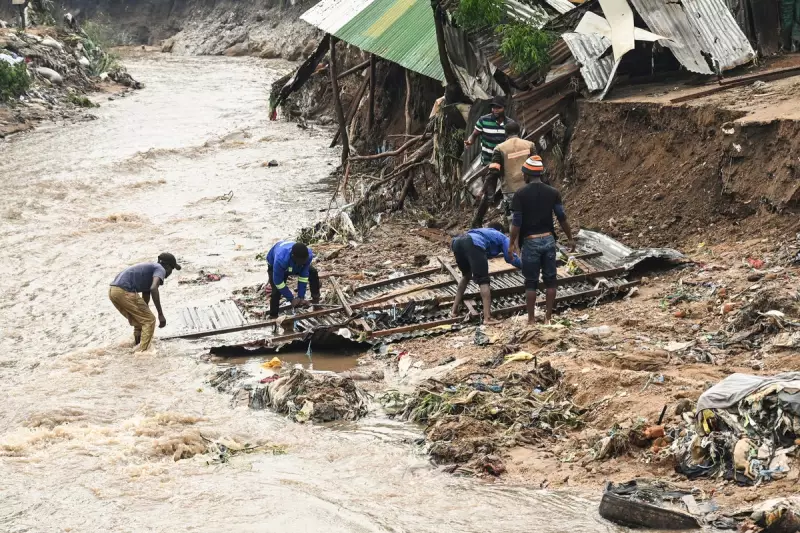
African nations are demanding wealthy countries pay their "climate debt" as new research exposes the staggering £1.3 trillion required to transition the continent away from fossil fuels. This comes amid growing frustration that previous climate finance promises from developed nations remain largely unfulfilled.
The Staggering Cost of Green Transition
A comprehensive analysis by the African Development Bank reveals that Africa needs approximately £1.3 trillion between 2020 and 2030 to meet its climate action goals under the Paris Agreement. This enormous figure highlights the scale of investment required to build renewable energy infrastructure and adapt to climate impacts already devastating vulnerable communities.
Mohamed Adow, director of Power Shift Africa, stated: "There is a massive climate finance gap that needs to be addressed with urgency. African countries are being asked to develop without following the fossil fuel path that made rich nations wealthy."
Broken Promises and Growing Frustration
The research emerges as developed nations continue to fall short on their 2009 pledge to provide £100 billion annually in climate finance to developing countries. This failure has bred deep mistrust and threatens to undermine global climate negotiations.
"We're not asking for charity," emphasised Amani Abou-Zeid, African Union Commissioner for Infrastructure and Energy. "This is about climate justice and recognising the historical responsibility of nations that prospered through pollution."
Key Findings from the Report:
- Africa requires £1.3 trillion for decarbonisation by 2030
- Current climate finance flows remain insufficient
- Renewable energy potential across Africa is largely untapped
- Climate impacts are already affecting economic development
A Continent at the Climate Crossroads
Despite contributing less than 4% of global emissions, Africa faces disproportionate impacts from climate change. From devastating droughts in the Horn of Africa to cyclones in Mozambique, the human and economic costs are mounting.
Yet the continent also possesses immense renewable energy potential, with enough solar capacity to power the entire world. Realising this potential requires substantial investment in grid infrastructure, storage technology, and skills development.
As one African diplomat bluntly put it: "We cannot solve a crisis we didn't create without support from those who caused it. The time for empty promises is over."





